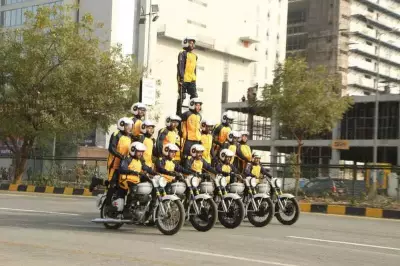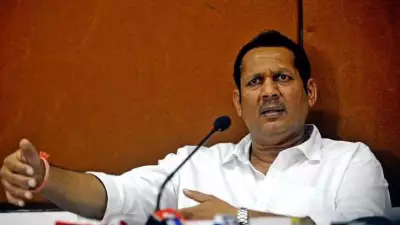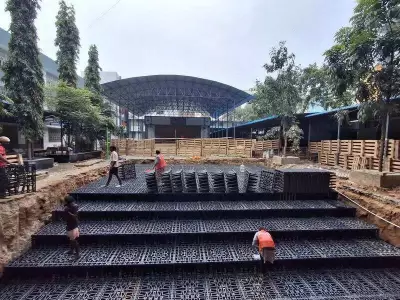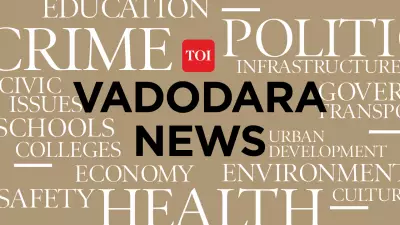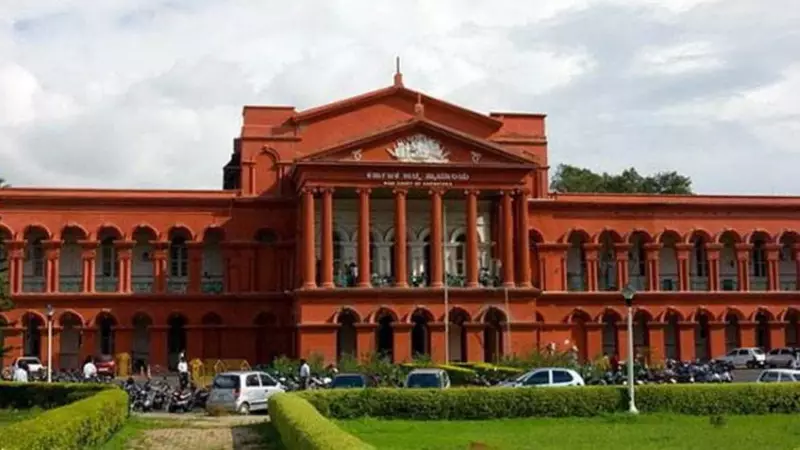
The Karnataka High Court has delivered a significant verdict by refusing to limit the scope of its interim stay on a government order that restricted public gatherings on government property without prior permission.
Court Questions Government's Selective Approach
During Monday's hearing, a bench led by Justice M Nagaprasanna firmly declined the state government's request to restrict the stay order only to the petitioners who had challenged the controversial order. The government, represented by Advocate-General Shashikiran Shetty, had argued that the stay should benefit only the specific organizations that filed the case.
The bench posed a crucial question that struck at the heart of the matter: "For a government order, how can it (the stay) be restricted to the petitioners?" This query highlighted the court's concern about the fundamental nature of government orders and their universal applicability.
Fundamental Rights at Stake
The court's reasoning emphasized the importance of fundamental rights in democratic governance. Justice Nagaprasanna noted that if fundamental rights need to be restricted, it should normally be done through proper legislation rather than executive decisions. This observation reinforces the constitutional principle that fundamental rights cannot be arbitrarily curtailed.
The bench explicitly stated that "the government order cannot be restricted only to the petitioners and allow it to become only operational against others." This position ensures that the protection of fundamental rights remains universal rather than case-specific.
Political Context and Background
The controversial government order had emerged during a politically sensitive period when the Rashtriya Swayamsevak Sangh (RSS) was planning route marches to celebrate the organization's centenary. The timing raised questions about the order's motivations, especially following critical statements by Congress leaders including IT Minister Priyank Kharge against RSS gatherings on public property.
Several organizations and individuals, including Punashchetana Seva Samsthe, had approached the high court challenging the order as violative of fundamental rights. The court had initially granted an interim stay on October 31, which was subsequently upheld by a division bench on November 6 when it dismissed the government's appeal.
Legal Proceedings and Next Steps
The court has directed the state government to file its objections and has scheduled the matter for further hearing on December 15 afternoon. This gives the government an opportunity to present its case while maintaining the interim protection for all citizens until the final disposal.
The court's firm stance demonstrates the judiciary's role as a protector of constitutional rights against potentially arbitrary executive actions. By refusing to limit the stay's application, the court has ensured that the protection of fundamental rights remains accessible to all citizens equally.

